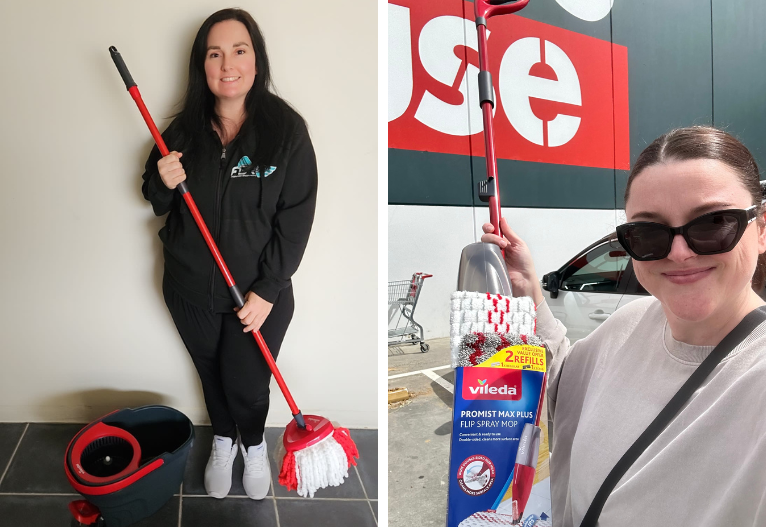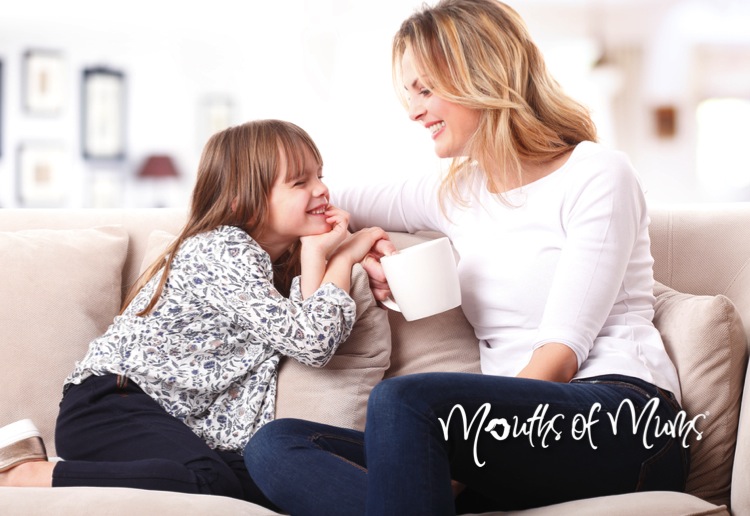Ever wondered what it takes to be a good parent? Have you questioned if you are a good parent or not? You might be surprised by how easy it is to be a good parent according to one of the biggest social studies ever carried out.
Helen Pearson, Mum to 3 boys, science journalist and author of The Life Project: The Extraordinary Story of 70,000 Ordinary Lives gave a talk at TED about the key things that make up a good parent, and surprisingly, it’s stuff that most of us do already.

Helen Pearson surmises that the three key points to being a good parent are:
1. To actively listen and engage with your children
2. Make sure they go to bed on time
3. Read with them
Helen engaged every parent in the room with her talk, here are some of the most notable parts of her speech:
“I’ve got three boys; they’re three, nine and 12. And like you, and like most parents, the honest truth is I have pretty much no idea what I’m doing. I want them to be happy and healthy in their lives, but I don’t know what I’m supposed to do to make sure they are happy and healthy. There’s so many books offering all kinds of conflicting advice, it can be really overwhelming. So I’ve spent most of their lives just making it up as I go along. However, something changed me a few years ago, when I came across a little secret that we have in Britain. It’s helped me become more confident about how I bring up my own children, and it’s revealed a lot about how we as a society can help all children. I want to share that secret with you today.
“For the last 70 years, scientists in Britain have been following thousands of children through their lives as part of an incredible scientific study. There’s nothing quite like it anywhere else in the world. Collecting information on thousands of children is a really powerful thing to do, because it means we can compare the ones who say, do well at school or end up healthy or happy or wealthy as adults, and the ones who struggle much more, and then we can sift through all the information we’ve collected and try to work out why their lives turned out different.
“Altogether, more than 70,000 children have been involved in these studies across those five generations. They’re called the British birth cohorts, and scientists have gone back and recorded more information on all of these people every few years ever since. The amount of information that’s now been collected on these people is just completely mind-boggling. It includes thousands of paper questionnaires and terabytes’ worth of computer data. Scientists have also built up a huge bank of tissue samples, which includes locks of hair, nail clippings, baby teeth and DNA. They’ve even collected 9,000 placentas from some of the births, which are now pickled in plastic buckets in a secure storage warehouse. This whole project has become unique – so, no other country in the world is tracking generations of children in quite this detail. These are some of the best-studied people on the planet, and the data has become incredibly valuable for scientists, generating well over 6,000 academic papers and books. But today I want to focus on just one finding – perhaps the most important discovery to come from this remarkable study. And it’s also the one that spoke to me personally, because it’s about how to use science to do the best for our children.
“In this study, children who had engaged, interested parents, ones who had ambition for their future, were more likely to escape from a difficult start. It seems that parents and what they do are really, really important, especially in the first few years of life.
“In fact, quite small things that parents do are associated with good outcomes for children. Talking and listening to a child, responding to them warmly, teaching them their letters and numbers, taking them on trips and visits. Reading to children every day seems to be really important, too. So in one study,children whose parents were reading to them daily when they were five and then showing an interest in their education at the age of 10,were significantly less likely to be in poverty at the age of 30 than those whose parents weren’t doing those things.
“they looked at the bedtime routines of about 10,000 children born at the turn of the millennium. Were the children going to bed at regular times, or did they go to bed at different times during the week? The data showed that those children who were going to bed at different times were more likely to have behavioral problems, and then those that switched to having regular bedtimes often showed an improvement in behavior, and that was really crucial, because it suggested it was the bedtime routines that were really helping things get better for those kids.”
For the full talk, click here.
Do you feel as though these points are key to being a good parent? SHARE with us in the comments below.
We may get commissions for purchases made using links in this post. Learn more.























-

-
-
-
meedee said
- 17 Jan 2023
-

-
-
-
rachel1970 said
- 11 Jan 2019
-

-
-
-
ella12 said
- 08 Jan 2019
-

-
-
-
mom19782016 said
- 08 Jan 2019
-

-
-
-
mom101628 said
- 07 Jan 2019
-

-
-
-
mom68673 said
- 07 Jan 2019
-

-
-
-
mom176887 said
- 07 Jan 2019
-

-
-
-
musicmum said
- 07 Jan 2019
-

-
-
-
Myrlie said
- 02 Jan 2019
-

-
-
-
Mum2archer said
- 01 Jan 2019
-

-
-
-
rnash02 said
- 01 Jan 2019
-

-
-
-
mom93821 said
- 30 Dec 2018
-

-
-
-
mom93821 said
- 29 Dec 2018
Post a comment7:19 am
9:43 am
9:44 am
9:03 am
8:43 pm
8:37 pm
8:23 pm
8:11 pm
7:54 pm
11:31 pm
8:16 pm
5:00 am
4:50 pm
To post a review/comment please join us or login so we can allocate your points.